Bu ay izleyiciler Yönetmen Christopher Carpenter'ın filmini izleyebilir, Gelişmek için Bir Reçete, Planet Classroom Network YouTube Kanalında.
It follows the story of Rakesh, a young Indian man with a dream. Despite his family’s expectations that he pursue a safe career in IT, especially after his father’s injury, Rakesh is embracing the life skills education provided him by Dream a Dream’s Life Skills Development Program to become a chef. Through cooking, Rakesh is overcoming his adversity; cooking has taught him crucial life skills like confidence and creativity. Şimdi, because of this education, not only is Rakesh an entrepreneur, he is instilling in other young people in his community the same life skills that have allowed him to thrive.
Eğitim Global Arama is pleased to welcome Director Christopher Scott Carpenter.
Chris, there’s been quite a bit of buzz about documentary films that focus on ways to reform education systems with a bigger focus on life skills. Do you see Gelişmek için Bir Reçete as being a good fit for this category? Explain.
When we first set out to make A Recipe to Thrive, we had several intentions in mind. The first thing we wanted to do was explore one organization’s, that’s Dream a Dream, implementation of skills-based learning, reflective of larger trends in education policy. That is to say, we wanted to understand how an educational approach that centers the young person and encourages them to extrapolate crucial life skills from real-world activities would manifest if fostered and supported. The film then could be used internally with stakeholders to assess impact, and externally as a component of a toolkit to entice and inspire new public and private sector partners in the pursuit of education reform. Ve ikinci, ve belki de daha önemlisi, we simply wanted to amplify the story of one young man who worked to manifest a life he wanted to live. I hope this puts this film in the catalogue of media contributing to conversations about life skills education, because we see it as proof of the positive impact, and a window into the potential positive impact for young people across India and around the world.
Is the prototype Rakeesh has developed for his business model typical of the kinds of learning Dream A Dream wishes to impart?
Rüya bir rüya, in my experience, instills social and emotional learnings and skills through real-world applications, be it sports or creative arts or apprenticeships. Examine the value of cooking in the life of a young person like Rakesh; what does a grasp of cooking actually do for someone? It’s more than a meal – it teaches patience and time management; it promotes creativity; it forces consideration of resources and money. It’s a microcosm of life skills cross-applicable to innumerable contexts. It also allows for the exploration of new interests and, in the case of Rakesh, passion. This is why we chose the title “A Recipe to Thrive” – by fostering the development of a young person, and not just the rote knowledge, educators can help impart crucial life skills.
How do you believe his example has helped other young people in his community thrive?
Beyond being a story I find immensely inspiring, I hope the film lends legitimacy to the narratives of young people, legitimacy that young people sometimes struggle to see. I heard a lot of young people think, “So many others struggle; why is my story important?” I hope this film changes that perception. We worked hard to imbue the film with cinematic dynamism and beauty while ensuring shared ownership of the narrative between subject and creator. This is a novel approach within the development sector and education policy spaces that Dream a Dream empowered me to explore. It’s an extension of the young person-centric approach, and a manifestation of dignity in adversity.
Can you speak about the kinds of films you would like to create moving forward – and in particular the stories that you believe would benefit the future of learning?
I’m interested in pursuing projects that foster intercultural understanding – explorations of peoples and cultures that explain differences, Evet, but also reveal similarities and hopefully generate empathy . It seems so many of our international conversations revolve around competition and tribalist rhetoric. I think as globalism increases, media and mediamakers that shepherd understanding become critical because learning without understanding is relatively meaningless – it’s like reading notes without listening to music.
Thank you Chris!
SANTİMETRE. Rubin with Christopher Carpenter
Kaçırmayın Gelişmek için Bir Reçete (küratörlüğünde Dream a Dream), şimdi Planet Classroom Network'te gösteriliyor.

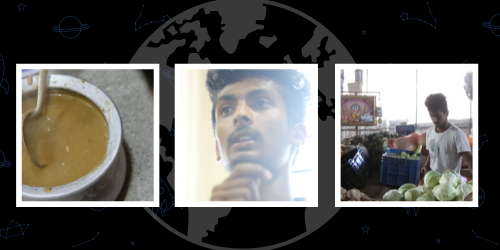
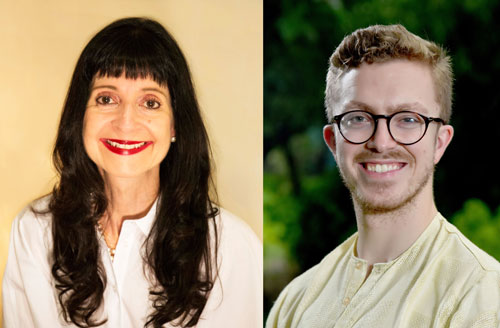
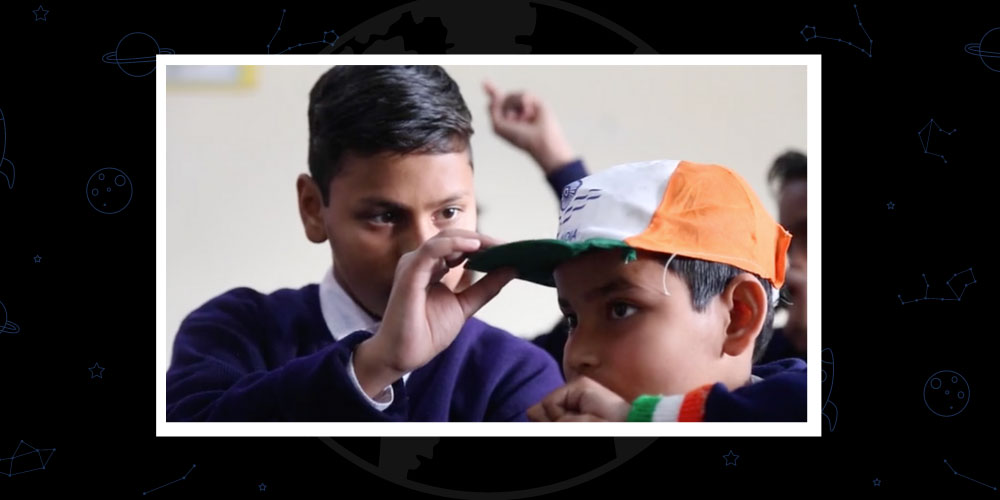

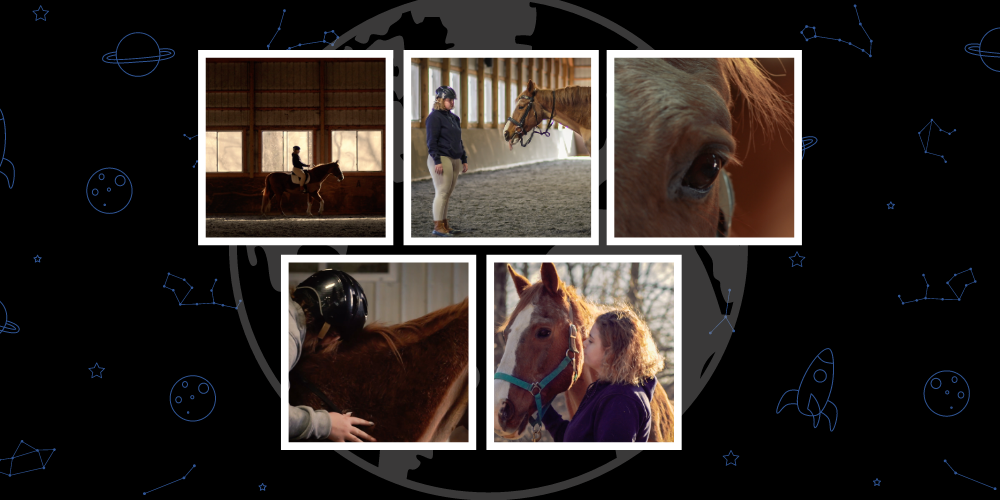
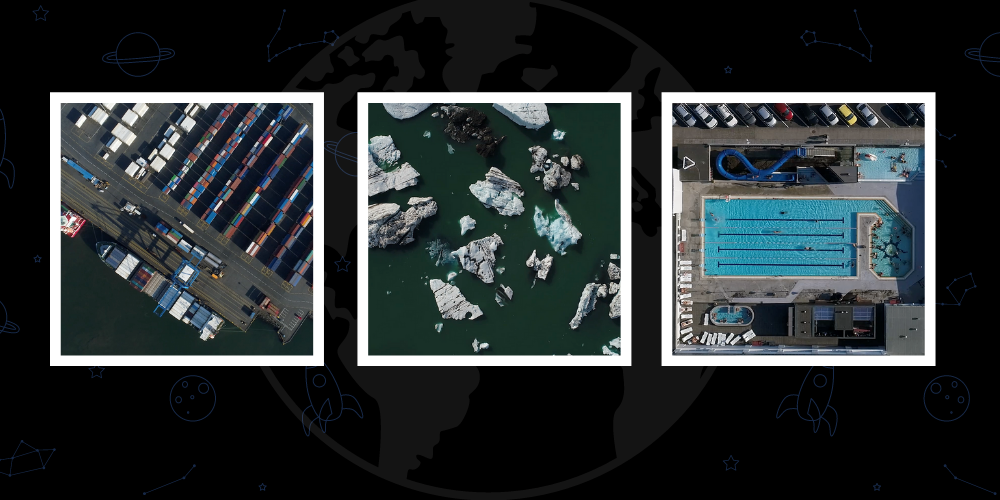
Son Yorumlar